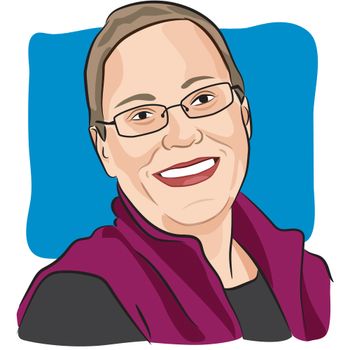
I’ve had three colonoscopies within five years and am still colorectal cancer-free.

Martha lives in Illinois and was diagnosed with metastatic breast cancer in January 2015. She has a husband and three children, ranging in age from 12 to 18, a dog and a lizard.

I’ve had three colonoscopies within five years and am still colorectal cancer-free.

Research backs up my personal experience regarding aging and cancer.

The new year brings reflection on living fully with cancer.

After I was diagnosed with cancer, some people “ghosted” me, but my dog, Iris, never did.

Having cancer care denied or delayed is not a harmless situation when your life is on the line.

It isn’t enough to say that cancer clinical trials need more diversity and patient support; we must take action.

When people say. “It’s just $35 to see a specialist,” they miss the entire issue of cancer-related financial toxicity.

I wish “Pinktober” was more about saving the people who will die from breast cancer and less about pink ribbons and sexualizing the disease.
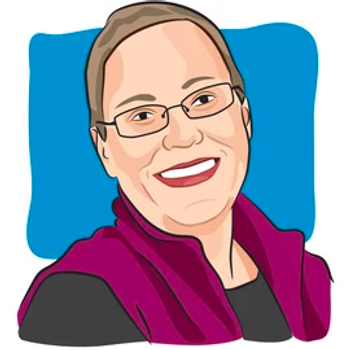
Extra years with my family meant missing out on a free trip granted to patients with cancer who have children under the age of 18 — and I’m OK with that.

I’m giving cancer’s “battle language” an update and focusing my survivorship plan on emotional wellbeing and honesty.

This year, I returned to the American Society of Clinical Oncology meeting, where I heard about the latest advancements in cancer care, as well as met with fellow patients and advocates.

I typically don’t use cancer labels, such as “survivor” or “thriver,” but when I heard about COVID-19 “long-haulers,” the term resonated with me.

Cancer and its treatments can affect oral health, though when I was diagnosed with breast cancer, the thought of seeing the dentist slipped my mind.

I’m not going to worry that I’m changing my own health by saying out loud that this cancer stuff is hard and scary and kills way too many people every single day.

When I was diagnosed with stage 4 cancer, I was comforted by a simple phrase my oncologist told my husband.
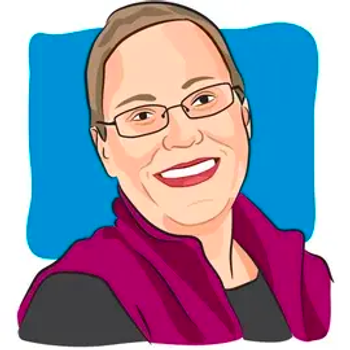
When it comes to both COVID-19 precautions and life with cancer, I feel like I have to sacrifice some privacy to gain understanding from the people around me.

When I was first diagnosed with metastatic breast cancer, I did not know there were so many other people like me until I attended Living Beyond Breast Cancer’s Conference on Metastatic Breast Cancer.

I’ve recently joined the masses in catching up with routine health care that was put off during the COVID-19 pandemic.

After my cancer diagnosis, I was thrust into a world where I rarely understood what was happening to me. An easy-to-understand “cancer vocabulary” would have surely eased my confusions.

A patient with cancer writes about trying acupuncture as another potential tool to lessen the effects of chemo-induced peripheral neuropathy and offers advice for other patients on how to possibly deal with the debilitating side effect.

A woman with metastatic breast cancer simplifies common terms used in guidelines for privacy of patients in clinical trials. “If we want to take down cancer, we have to find confidence in a system that wasn’t designed to protect us,” she writes.
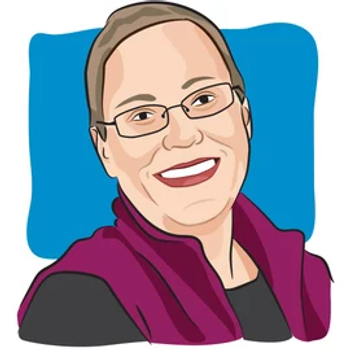
Seven years into a diagnosis of stage 4 breast cancer, one woman has also nurtured hope.
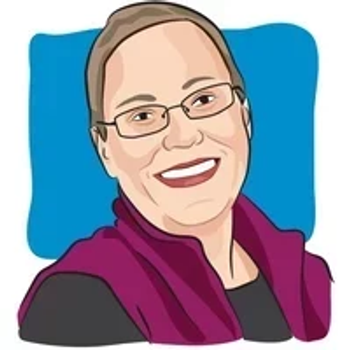
Even in the doctor’s office, the words patients hear can cover up the realities of stage 4 breast cancer. “He thought he was offering hope but what he was doing was denying my reality and minimizing the deaths of so many people,” writes a woman with metastatic breast cancer.

A woman with metastatic breast cancer looks back on the happy memories she made this summer and how she uses them as strength in the face of cancer. “Sometimes, when we’re lucky, the scale tips toward the good,” she writes.

I am in awe of what scientists have been able to discover, but we don’t know enough for those 119 women who will die this Metastatic Breast Cancer Awareness Day, nor for the 43,881 others who will die before the next Breast Cancer Awareness Month rolls around. We deserve more.
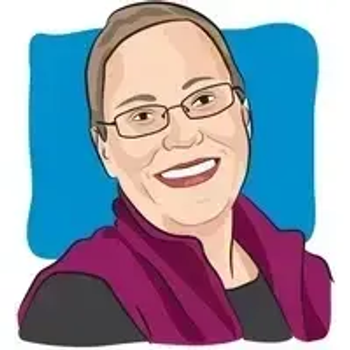
A woman with breast cancer writes about how patient advocates are pushing for better research into optimal treatment in metastatic breast cancer.
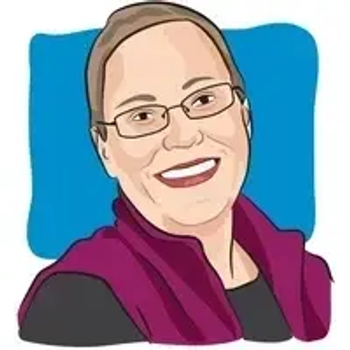
“Each of us has our own way of marking what cancer brings to our lives, sometimes in a simple three-letter word,” writes a woman with breast cancer.

A patient reflects on the comfort and grief within the world of metastatic breast cancer.
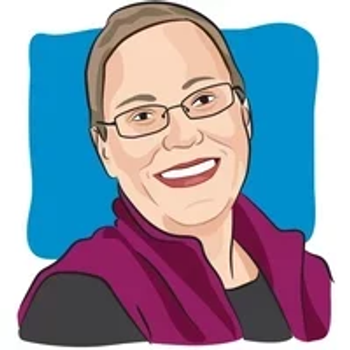
“Understanding and taking action against racial differences in cancer care and clinical trial participation are made more powerful when we listen to patient voices,” writes one patient with breast cancer.
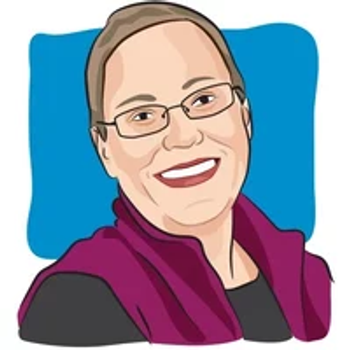
A patient offers advice on getting patient portals, electronic medical records and technology organized and functioning correctly.